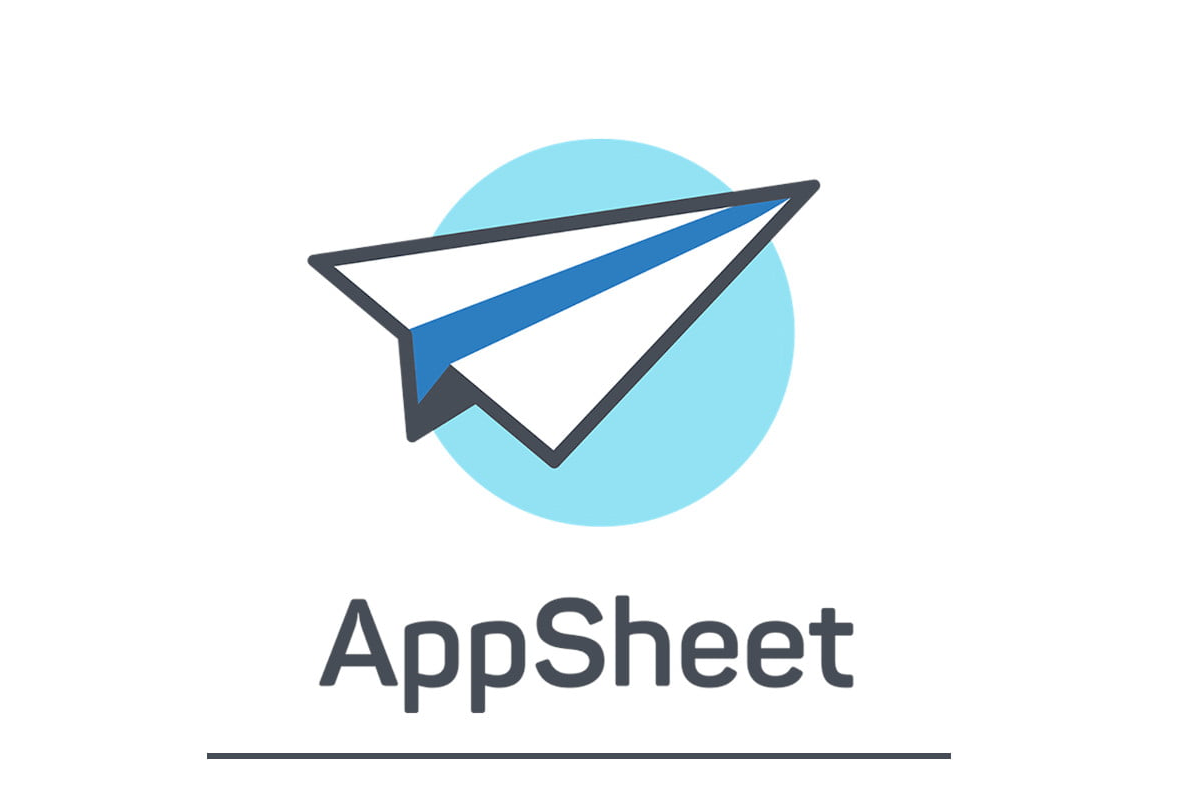The software development industry is witnessing a captivating transformation, all thanks to the emergence of No-Code Development platforms. This groundbreaking approach holds the potential to save substantial time, money, and resources for upcoming projects. One of the most intriguing aspects is the elimination of the need to hire multiple developers or coding experts. Notably, these platforms experienced a surge in adoption during the Covid-19 pandemic, underscoring their effectiveness in tackling intricate challenges. Best no code development platforms are …
The No-Code Phenomenon: A Glimpse into the Future
Intriguingly, the No-Code development sector is experiencing remarkable growth, with projections indicating a staggering USD $40 Billion valuation by the close of 2022. Undoubtedly, this trend points towards the future of the IT industry. Embracing these changes becomes imperative to expedite the development cycle. Let’s now delve deeper, exploring key aspects of this transformative landscape:
Understanding No-Code: Pioneering a New Approach
No-Code signifies a revolutionary method of crafting software applications or websites devoid of complex coding. It offers a lifeline for small to mid-sized businesses seeking cost-effective alternatives to traditional software development approaches. The promise of No-Code lies in its potential to redefine software development, ushering in an era characterized by efficiency, cost savings, and innovation.
Decoding No-Code Development Tools: Enabling Innovation
At the heart of this paradigm shift are No-Code development tools. These tools, often presented through intuitive GUI interfaces, empower rapid and precise code generation. This approach disrupts traditional programming norms, bridging the gap between programmers and non-programmers. The No-Code development landscape democratizes the process, enabling individuals from diverse backgrounds to translate their ideas into tangible solutions without extensive programming knowledge.
The Importance of Embracing No-Code Development:
Integrating No-Code development into your workflow holds paramount importance, driven by several compelling factors:
- Swift Implementation: No-Code platforms empower rapid project realization, complete with robust functionalities. The visual interface serves as a conduit for transforming concepts into tangible outcomes swiftly.
- Collaborative Accessibility: No-Code adoption fosters collaboration among multiple users, reducing project backlogs and optimizing resource allocation.
- Unparalleled Flexibility: No-Code solutions epitomize flexibility, scalability, and extensibility. Developers can seamlessly introduce new functions without the need for entirely new applications.
- Effortless Updates and Support: No-Code development streamlines the update process, offering an effortless way to implement changes and adjustments in real-time.
Top 10 No Code Development Platforms
Appy Pie: Empowering App Development without Code

Appy Pie takes the lead with over 10 million satisfied clients, offering a no-code solution for building apps. This platform stands out by enabling seamless integration with over 300 apps, streamlining tasks and workflow automation. Designed with small to medium-sized businesses in mind, Appy Pie allows users to select themes and features, facilitating quick and efficient app creation. One of its notable strengths is democratizing app design, enabling users to create chatbots and automate tasks.
AppSheet: Simplifying Mobile App Development

AppSheet is a go-to tool for mobile app development, trusted by over 300,000 developers worldwide. Its integration with Excel and Google Sheets simplifies data extraction, enhancing convenience. This platform excels in real-time deployment and offers essential features like automation and sample app templates, minimizing the complexity of app development.
Ninox: Versatile Templates for SMEs
Ninox caters to small to medium-sized enterprises, providing a diverse array of templates including CRM and Billing. With pricing starting at €10 per month, it offers cross-platform compatibility and essential functionalities like accounting, inventory management, and even real estate solutions. Its flexibility extends to data export options, allowing data to be exported in CSV or Excel formats.
Airtable: Task Organization Redefined
Airtable stands as an independent and versatile task organization tool, accommodating personalized workflows and offering templates for various purposes. Boasting over 50 application options, it reduces workload through efficient templates like product planning, cataloging, and bug tracking. Real-time collaboration features, coupled with pricing plans starting from $12/month, make Airtable a strong contender.
Webflow: Empowering Web Development Without Code
Webflow emerges as an excellent choice for web development without the need for programming expertise. Its versatility is highlighted by its ability to facilitate the creation of personal websites and business stores. Notably, it empowers developers to craft custom databases for e-commerce purposes and provides reliable, hassle-free hosting. With design independence and responsive capabilities, Webflow offers a comprehensive web development solution.
Shopify: Powering E-commerce Simplification
Shopify is a force to be reckoned with in the e-commerce realm, offering seamless setup, integration, and a range of pricing plans. It supports essential features like point-of-sale functionalities and dropshipping, while robust security measures including 256-bit SSL certification and PCI compliance ensure data safety. Shopify caters to businesses of all sizes, providing a holistic solution for online ventures.
Bubble: Crafting Responsive Web Applications with Ease
Bubble shines as a front-end builder, empowering developers to create responsive web applications for both mobile and web platforms. The platform offers an array of user-generated templates and embraces a workflow-centric approach, simplifying the development process. With an affordable starting price of $25/month, Bubble provides functional and customizable solutions.
Zoho Creator: Tailored Solutions for Every Business
Zoho Creator stands as a reliable platform catering to businesses of all scales, offering step-by-step integration and customization. Users benefit from user-friendly interfaces, diverse templates, and cross-functional analytics. Zoho Creator’s strengths lie in automating micro-tasks, data migration, and providing versatile data import options.
Knack: Intuitive Design for Bug-Free Applications
Knack excels in intuitive design and robust features, ensuring the development of applications free from glitches. The platform facilitates effective data structuring and provides SEO plugins for enhanced visibility. Notable strengths include simplicity, pre-built templates, and the ability to create secure payment systems.
Visual LANSA: Seamlessly Building and Managing Applications
Visual LANSA provides a seamless application-building experience, offering a trial period and cross-platform compatibility. Its user-friendly Integrated Development Environment (IDE) caters to both beginners and advanced programmers. The platform’s integration capabilities, repository management, and ease of app merging, migration, and transformation make it a valuable tool for application development.



